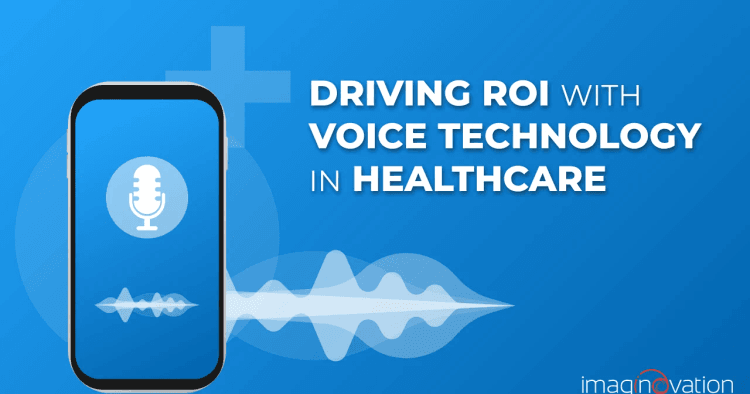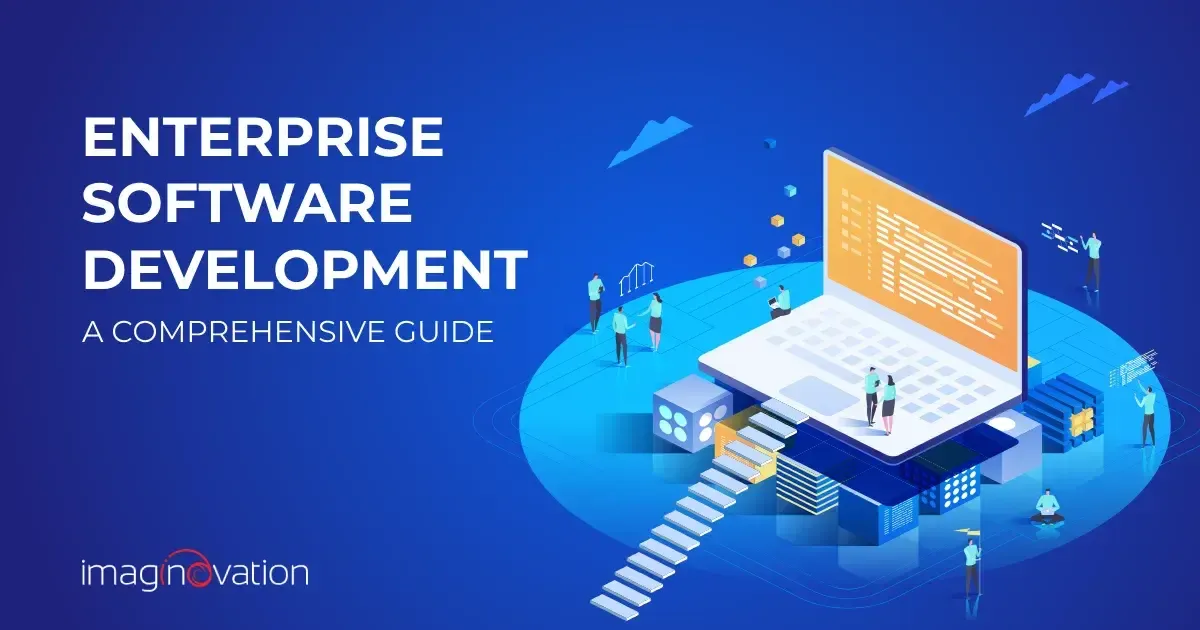To estimate the cost of building a website or an app, use our app cost calculator tool.
Voice tech is a hot topic. The popularity of voice-activated devices or smart speakers is on the rise since 2014 when Amazon launched its Eco and Alexa virtual assistant.
According to the new report, more than 66 million people in the US own smart speakers such as Google Home or Alexa. According to Gartner, more than 30% of online browsing will be done via voice by 2020. A whopping 55% of US households are expected to own a smart speaker by 2022.
Voice tech is changing the way people search and access services online, and now the technology is on its way to transforming the healthcare landscape.
“Voice technology — more properly referred to as voice-first technology — is exploding. We’ve seen a glimpse of the future, and voice in healthcare will be a growing area of emphasis for years to come,” says Bradley Metrock, CEO of Score Publishing.
From helping doctors identify the behavioral health issues to streamlining the documentation, voice technology is helping healthcare providers increase the quality of services and achieve high ROI.
Applications of Voice Tech in the Healthcare Vertical
When it comes to healthcare, smart digital voice assistants hold great potential to shine. In this article, we will be discussing the use of voice technology in healthcare to increase the quality of care and ROI.
1. Improve Documentation and Patient Records
Physician burnout is a growing concern in healthcare fraternity. And, documentation is one of the leading causes of burnout, including other bureaucratic tasks such as paperwork and charting.
Physicians spend numerous hours every week in documenting their interaction with patients. This is where voice tech products can ease the burden on healthcare providers and remove the manual process.
Google’s Eric Schmidt mentioned this use case in his speech at the HIMSS 2018 conference. Whether you’re a specialist practitioner or a Primary Care Physician, having a smart listening device in the examination room can be extremely helpful.
The smart voice device can capture clinical notes, identify the billing codes, and even provide the clinical decision support. It can also update the EMRs (Electronic Medical Record) based on the conversation between patient and doctor.
On top of that, the device can work silently in the background and prepare documents and scripts for the physicians to review and sign. It would help physicians to entirely focus on their patients rather than filling up the EMRs.
2. Achieve Faster Diagnosis with Voice Analyzing Devices
Several scientific studies have shown that different characteristics of voice such as pitch, word repetition, and speech rate reveal a lot about our health.
Vocal biomarkers have a high potential in increasing the speed of diagnosis, accuracy, and track the progression of diseases.
Studies have shown promising results using vocal biomarkers to diagnose diseases like coronary artery disease and Parkinson’s.
Canary Speech is one of the promising startups that is making voice-based diagnostic technology accessible for physicians and healthcare providers. The company has successfully developed and completed clinical trials of vocal diagnostic models for depression, Parkinson’s disease, and Alzheimer’s disease.
3. Improve Interaction with Patients through Voice-Enabled Devices
If you’re a healthcare provider, you might already know the importance of patient’s satisfaction. It is one of the significant factors that directly contribute to your financial performance.
According to a report, hospitals with five-star patient satisfaction ratings earn an average of $444 more revenue per patient than the hospitals that receive moderate ratings.
Today, many healthcare providers, including outpatient facilities, are struggling to create a positive experience for their patients. In 2017, as much as 16% of hospitals participated in Medicare have had one to two stars out of five stars in the HCAHPS quality rating.
There is, undoubtedly, an excellent opportunity to solve this problem and increase financial performance. Voice powered applications can help hospitals to provide a better patient experience.
Custom voice-enabled mobile applications allow your patients with appointment booking, eligibility checks, test booking, and help hospital staff perform several back-office operations efficiently.
4. Improve Staff Productivity
Healthcare providers can also use AI-powered voice monitoring devices that can analyze and identify when the hospital staff is stressed out.
The device can record nurses and caregivers as they interact with patients. It will then analyze the pitch and tone of the speech to detect if the caregiver is stressed out and will prompt them to relax.
It can also provide recommendations to individual caregivers based on his/her interests, such as listening to music or going out for a walk.
Systems like this can help hospitals manage their caregivers efficiently. When the hospital staff is less stressed, they can work more productively and create a positive patient experience, which in turn can help increase the ROI.
5. Make Intensive Care Units Safer and Smarter
In the Intensive Care Units (ICU), infection control, and sterile operating fields are a high priority. In such settings, hands-free and immediate access to information can be crucial in terms of safety.
Hospitals can install smart voice assistants in the ICUs that can help nurses get information without having to pick the phone or search through documents.
For example, the nurse can ask the device simple questions such as “How many beds are available on 5 South,” and the device will quickly answer the query after checking the administrative records.
The voice assistant can also help in critical cases where the delay of seconds can severely impact the patient’s condition. The system can guide nurses through such cases based on the hospital protocol and guidelines, and help them save those crucial moments.
Also Read: How to Successfully Build A Voice Chat App like Clubhouse?
Startups That Are Revolutionizing The Healthcare Industry through Voice Technology
The smart speaker platforms are evolving day by day, and it has led many entrepreneurs to leverage the technology to transform the healthcare industry. In recent times, many healthcare-focused voice tech startups have received heavy funding from top tier VCs.
Below are some of the most promising startups in this space:
1. Notable uses voice tech to record patient-physician interaction to streamline the documentation and note-making. The platform also allows doctors to add referrals or orders using voice commands.
2. Beyond Verbal offers a voice-enabled AI platform to analyze large voice data sets and develop a voice-based diagnosis. The initial clinical trials of Beyond Verbal platform have shown promising results in detecting coronary artery disease.
3. Aiva Health platform improves the patient experience by facilitating interaction between patients, providers, and caregivers. The platform allows patients to use Amazon Echo to communicate with the care manager easily. It also enables healthcare providers to manage their daily tasks and respond to patient requests via voice.
4. Praktice, a medical AI development company, has developed a voice and chat assistant Sarah. The assistant can perform several checks from medical triage to referral management. It helps hospitals improve their back-office operations.
Custom AI-Enabled Voice Assistant to Increase ROI
Voice technology has many promising features for truly revolutionizing the healthcare sector.
Hospitals can streamline basic, day-to-day operations using voice tech. But, there is a need for more sophisticated, custom-built voice applications that can fulfill specific needs of hospitals.
Today, many hospitals and healthcare providers are investing in custom AI-enabled voice assistants to improve customer experience, staff productivity, and ROI.
Turn Your Ideas into Digital Reality
We are an award-winning web and mobile app development company with a vast knowledge of developing custom AI and IoT applications. If you’re a healthcare provider and looking to reap the benefits of voice tech, get in touch with us.











